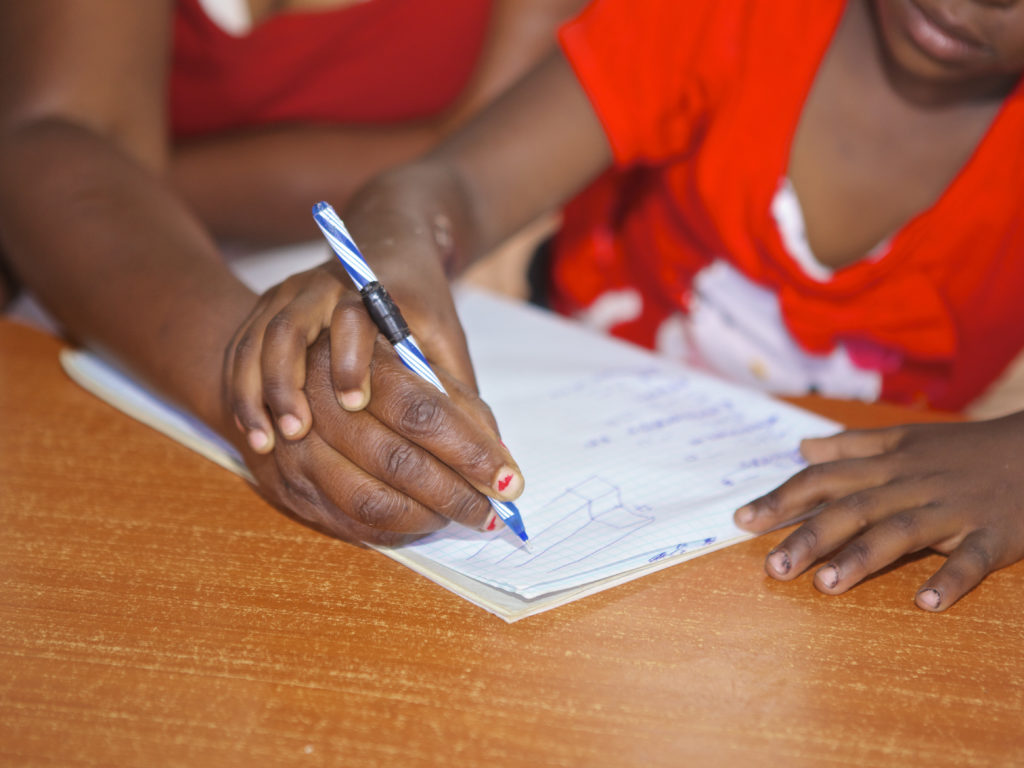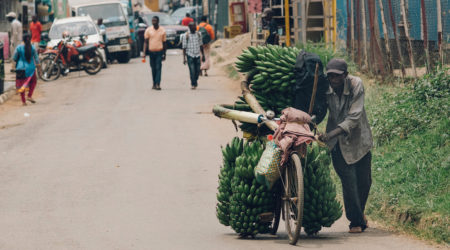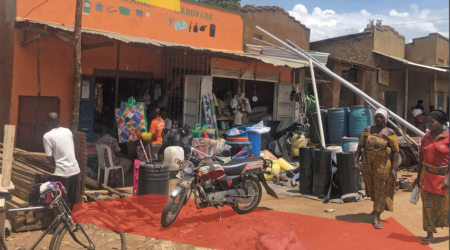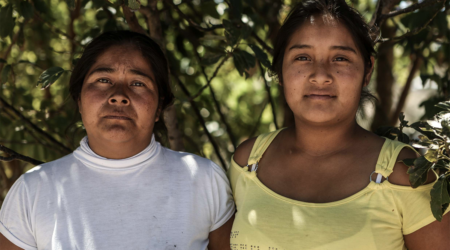Corona Case Studies: Running out of options

Originally posted on the FSD Kenya Website, June 12, 2020
After three months of Covid-19 restrictions, Jennifer’s[1] economic options have run out. She is five months pregnant, and the baby’s father has blocked her calls. She hasn’t been able to pay rent in three months and worries that she and her children are on the verge of eviction.
In the initial Financial diaries study in 2012-13, we often talked about Jennifer’s livelihood to demonstrate the many and shifting livelihood activities respondents had to undertake to get by. They had to quickly adapt to shifting market conditions and opportunities, piecing an income together while trying to stabilise. When Jennifer’s chapati business hit a demand slump, she washed clothes in Eastleigh. Since this wasn’t her full time work, she would wait in “the parking,” and anyone needing help in the house that day could hire her. Washing was fallback option one. Fallback option two was prostitution. She preferred to avoid this, but sometimes it seemed the only way to get through a rough patch. Once she got a job as a canteen attendant at a school, but it was only temporary. She tried working in a bar, but it kept her out late at night away from her kids in one of Nairobi’s most dangerous neighbourhoods.
 As of April 2020, her main way of getting money was again washing clothes in Eastleigh. It became too difficult to run a business in her neighbourhood. Too many clients would buy chapati on credit and fail to repay. Money had been tight in the area since the 2017 elections. Washing seemed more stable and secure.
As of April 2020, her main way of getting money was again washing clothes in Eastleigh. It became too difficult to run a business in her neighbourhood. Too many clients would buy chapati on credit and fail to repay. Money had been tight in the area since the 2017 elections. Washing seemed more stable and secure.
She recounted a long period of struggle up to the COVID crisis. She had been in and out of relationships, hoping she would find a partner and they could help one another. For Jennifer, this seemed key to becoming stable. It led her to her latest relationship. She knew he had a wife and kids already, but he promised they would start their own life together. She believed him. She wanted to believe him. She felt sure they would get married, and when she got pregnant, she was even more sure.
But as coronavirus took hold, it became harder for Jennifer to get to Eastleigh and possible clients for whom she could wash clothes and clean. Then Eastleigh was completely blocked. It cost KShs 50 ($.50) to bribe police to let you enter, and you only make Kshs 150 ($ 1.5) in a day. Plus, transport costs had doubled because of coronavirus passenger volume restrictions. It’s a long walk to Eastleigh, but she could do it if she weren’t pregnant. But there was also a risk she could get all the way there, spend the money on transport and bribes, and still not get work. It was too risky.
She tried to contact the baby’s father. At first, he made excuses, then he blocked her calls. “I hate myself for being tricked by him,” she says.
Even “fallback option 2” was off the table, Jennifer remarked. No one wants to hire a heavily pregnant prostitute, she quipped. Were men even able to afford prostitutes anymore, she wondered?
Jennifer is worried. As a single mother, she should be working now to save up for when the baby arrives and her work is even more restricted. She thinks she’ll only be able to go to do washing on the weekends when her eldest daughter is home from school.
Last week, there were two full days where she didn’t eat anything. She was feeling ill, but couldn’t afford to go to the hospital. She is self-treating for malaria without having consulted a doctor about which medicines are safe for her and the baby. She hasn’t paid rent for three months and has maxed out her credit lines at the local shop, her friends and family, on Fuliza, M-Shwari, and KCB M-Pesa. She owes KShs 10,000 ($100) to her daughter’s school as well.
Jennifer knows how to pivot, adapt, and survive. But she relies on work to live, and all of her earning options are blocked. All of her coping strategies exhausted. What she and others like her need is direct assistance, for now.
When we ask if she has received any kind of assistance through this period, she says yes. “I got one bar of soap from SHOFCO [2].”
[1] All names have been replaced with pseudonyms to protect research participants’ privacy.
[2] An NGO in Nairobi.



